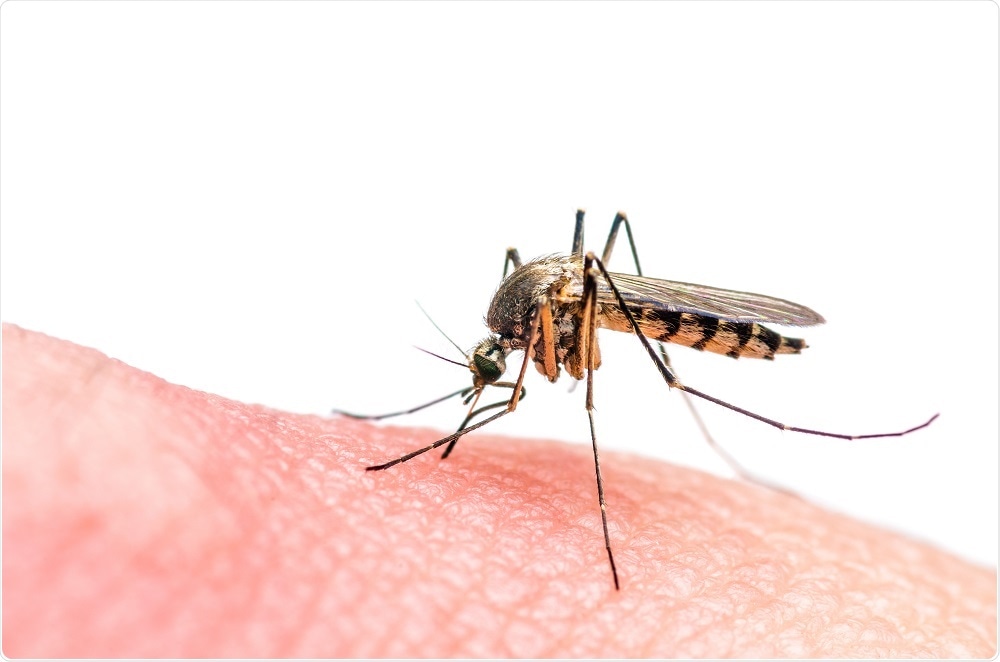Oct 5 2017
A collaborative study conducted by the Miller School of Medicine, University of Miami has revealed that a monoclonal antibody “cocktail” inhibited zika virus (ZIKV) infection in primates.

© nechaevkon / Shutterstock.com
David Watkins, Ph.D., professor and vice chair for research, Department of Pathology, the lead author of the study stated: "This is a promising intervention to prevent and treat ZIKV infection during pregnancy." He further added that this monoclonal combination would be developed and utilized in clinical trials as soon as possible.
Watkins indicated that the ZIKV infection is a severe, existing public health threat to Latin America, the Caribbean, South Florida, and other regions across the globe. The occurrence of a zika outbreak in a metropolitan region like Miami can be prevented only by avoiding the Aedes aegypti mosquitoes that transmit the virus.
Treatments to inhibit maternal ZIKV infection and its successive fetal developmental complexities are immediately required.
Watkins' laboratory team along with Burton and Tom Rogers, M.D., Ph.D., from the Scripps Research Institute in La Jolla, California utilized a cocktail of three potent ZIKV-neutralizing monoclonal antibodies (SMZAb1, SMZAb2, and SMZAb5) to treat four monkeys. Isolation of these monoclonal antibodies from a South American patient was performed by the Burton group.
Watkins and his team of researchers administered this monoclonal combination to non-human primates one day before they were injected with ZIKV that had been isolated from a pregnant woman during the 2016 Zika Virus Outbreak in Rio de Janeiro. This preventive therapy completely inhibited the ZIKV from taking hold in the animals.
Watkins revealed that a fulminant infection was observed in the four control animals, which lasted for seven days. But there were no quantifiable ZIKV levels in the blood of these four control animals, nor had any immune response, signifying the virus been inhibited completely.
As these antibodies have incomparable safety profiles in humans and are capable to cross the placental barrier, this monoclonal combination could be quickly developed to protect uninfected pregnant women and their fetuses, Watkins said.